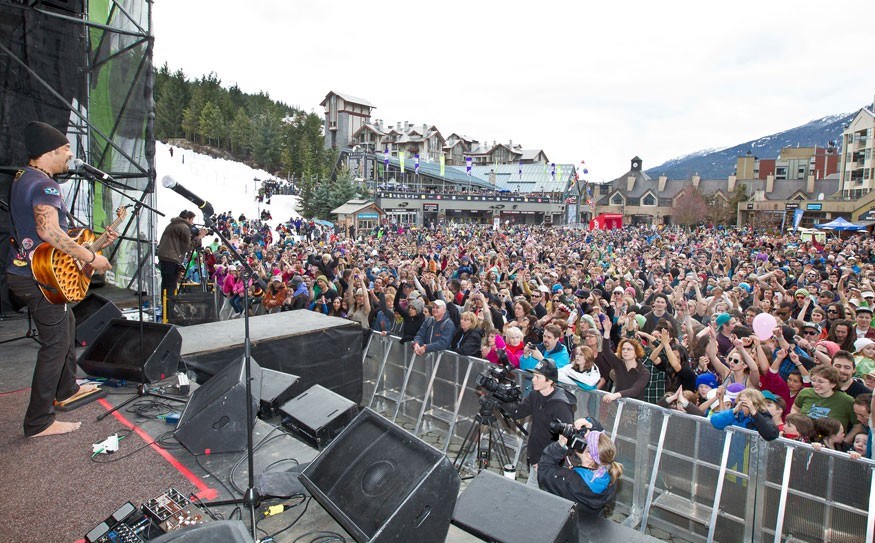In Spain, the people are trying to deal with 25 per cent unemployment while the banks fret over more than 1.2 million unsold new homes and the government in Madrid contemplates asking the euro zone for a bailout and considers how to counter Catalonia's resurgent separatist movement.
Across the Pacific, deflation threatens the Japanese economy and the federal government will run out of money by the end of November unless special measures are taken. But a political stalemate means borrowing money to cover this year's deficit is next to impossible.
South of our border, where the economy is on hold until the Nov. 6 elections, winter bookings for 16 Western ski areas declined nearly four per cent last month, at a time when booking activity should be starting to pick up. Ralph Garrison, director of Mountain Travel Research Program, a company that tracks reservation trends, speculated that skiers and snowboarders have a "snow hangover" from last season when snowfall in areas such as Aspen was less than 50 per cent of average.
In Whistler, by contrast, this week's news was that readers of SKI Magazine had named Whistler Blackcomb the number one overall ski resort in North America in the magazine's 26th annual poll. It's not the first time Whistler has topped the American magazine's survey of readers.
The news follows last week's announcement that Ironman Canada will be held in Whistler for the next five summers, bringing several thousand paying athletes, their families and supporters to the region to train and compete. That statement came the week after philanthropist Michael Audain announced he had chosen Whistler over a number of other communities to build a world-class museum to house his extraordinary collection of B.C. (and international) art.
The Audain announcement was proceeded a week earlier by the news that Whistler had signed a memorandum of understanding with the provincial government that secured $34 million worth of RMI funding over five years. That funding commitment means long-term plans can be made for tourism facilities and events, something that wasn't possible under the previous year-to-year grant process.
Throw in a few other notes, like the snow on the mountains Tuesday, the year-long honeymoon enjoyed by Whistler and its new council and the fact the seven council members have yet to come to less than unanimous agreement on any issue that has gone to a vote, and you can't help but conclude that fortune is smiling on Whistler these days.
It isn't that way for everyone.
The New York Times this week has, as the New York Times can do so well, profiled a town not much bigger than Whistler and shown the struggles its citizens are facing. Elyria, Ohio, is "a place buffeted by time and the economy, a place where the expectations have been lowered, but not the hopes for better days to come."
It is humbling to look around — the country, the globe — and ponder where we are and what could have been. Blessed by the fortunes of birth, geography, education and the work of many who came before us, our expectations remain high, much higher than most people's.
Many people worked very hard to attract the investment, to build the infrastructure, to gather the elements that have made Whistler successful and that continue to keep expectations high. It is not all down to good fortune.
But many people in Spain, Japan, Colorado and Elyria have worked hard, too.
Accolades and money don't make Whistler perfect. Indeed, the other edge of the media sword will be trained on Whistler on opening day next month, when sentencing in the sled dog massacre is finally handed down. Meanwhile, the year-round needs of the Whistler Food Bank provide a measure of the gaps in the local economy.
And the premise for Whistler — skiing and snowboarding — remains an upper-middle-class leisure pursuit, primarily among people with European ancestry. While the population of metro Vancouver and other cities continues to grow and become more racially diverse, the ski/snowboard population is stagnant.
That would seem to call into question the long-term sustainability of ski resorts — unless they diversify, as Whistler is doing with things like Ironman, the Audain museum and various other events and facilities, many of them funded by RMI money.
Expectations abound at this time of year: harvests, snowfall, elections all provide hope for the future. In Whistler, our hopes are higher than many others. We would do well to keep that in perspective.




